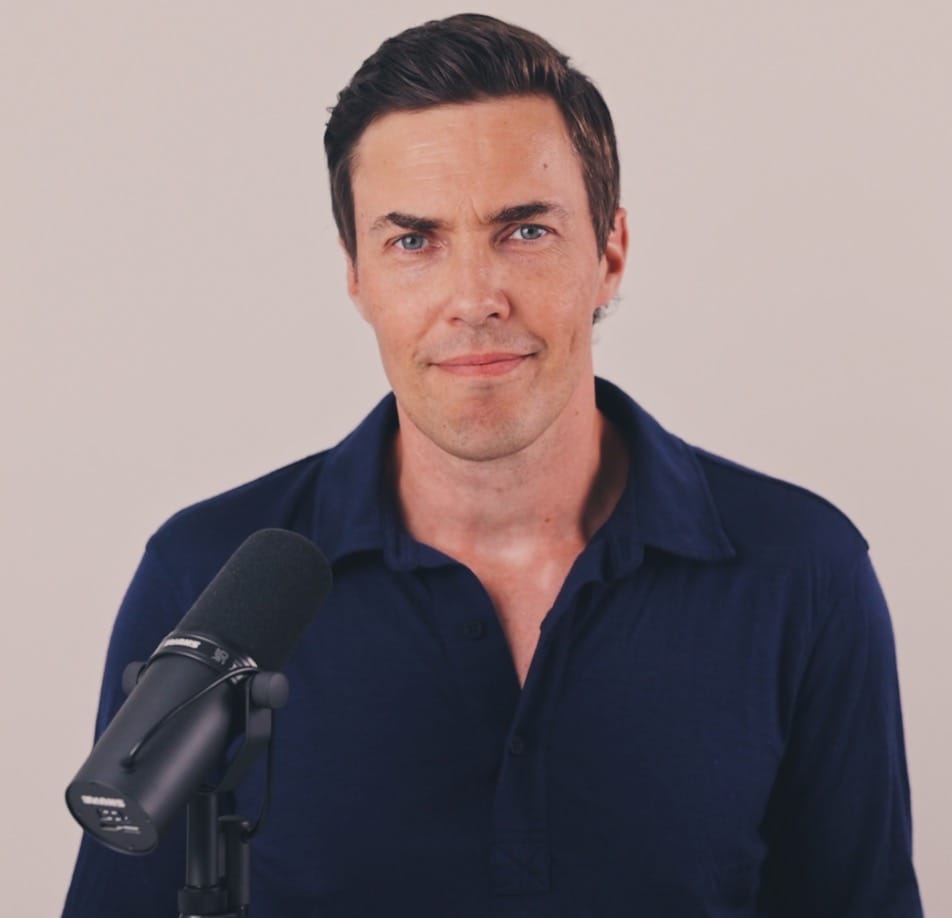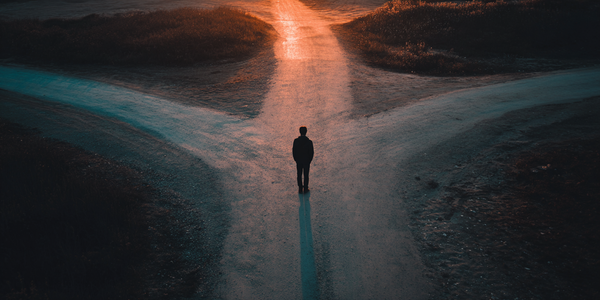Founder Loneliness: The Untold Epidemic in Creative Hubs Done





Here’s the part of entrepreneurship that doesn’t make it into the glossy founder profiles: loneliness.
Creative hubs like London, Lisbon, Austin, or LA are supposed to be the cure — buzzing coworking spaces, startup events, rooftop mixers, and endless Slack groups. On paper, it’s the perfect antidote to isolation. In reality, many founders walk into these spaces and still feel completely alone.
Why? Because no matter how full the café is, nobody else is carrying your weight. The payroll you need to hit. The client you just lost. The investor who ghosted. The fact that your “big growth year” feels more like an anxiety disorder with a logo. Your team looks to you for vision, your peers perform success on Instagram, and your spouse is tired of hearing about churn. It’s a cocktail of silence.
Loneliness is the untold epidemic among entrepreneurs. Not because we lack people around us, but because we lack people who get it. The higher you climb, the fewer people you can be fully honest with. Other founders in your hub may look like allies, but the competition dynamic often turns the volume down on vulnerability. Nobody wants to admit at the meetup that they’re one late invoice away from disaster.
The irony is that loneliness isn’t just personal — it’s bad business. Isolated founders make worse decisions. They over-index on their own biases. They chase distractions. They miss opportunities to partner because admitting “I need help” feels like weakness. If cash flow is oxygen, connection is immune system. Without it, even strong businesses get sick.
The shift is happening, though. More founders are ditching the lone-wolf mythology. They’re joining collectives, masterminds, and tight founder pods where the highlight reel gets replaced with honesty. Vulnerability is starting to look more like a power move than a liability. The smartest entrepreneurs aren’t just hunting for clients in their hubs — they’re hunting for comrades.
The opportunity is to design your entrepreneurial life with community baked in. Not performative networking, but real peer relationships. The kind where you can say “I don’t know what the hell I’m doing this quarter” and not be judged. The kind where you walk away sharper, calmer, and a little less insane.
I’ve seen it firsthand inside Original Minds. When ambitious, creative founders drop the armor, the room gets lighter, ideas get sharper, and growth becomes less of a burden and more of a game. Entrepreneurship doesn’t get less lonely by default — it gets less lonely when we build systems of belonging.
Because the truth is: you can live in the busiest hub in the world, but if you don’t have the right people around you, you’re still building in the dark. And nobody does their best work in the dark.